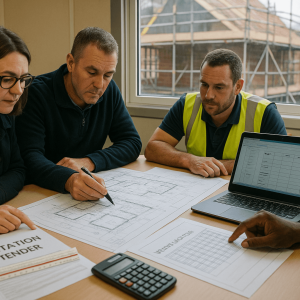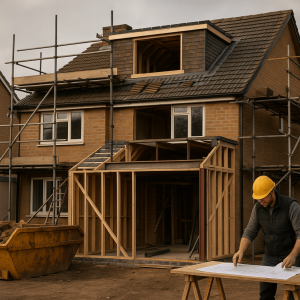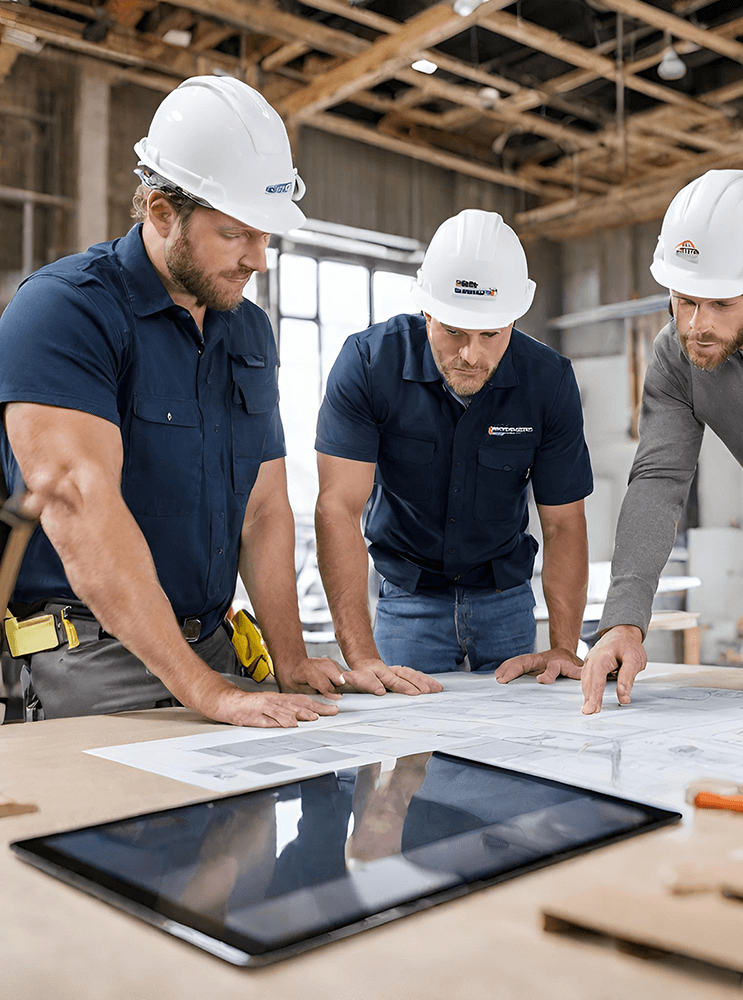Precision in measurement isn’t just about getting the right numbers on the tape measure—it’s about the essence of ensuring every key detail in a construction project is executed accurately. This post explores the indispensable role of measurement throughout a construction project, highlighting its pivotal stages and the sophisticated tools employed for optimal accuracy.
Why Accurate Measurement is a Cornerstone of Construction
At the heart of any thriving construction project lies precise measurement. It impacts every aspect from the initial sketches to the ribbon-cutting ceremony. Here’s how critical measurement is:
1. Budgeting and Estimation
Measurement stands at the forefront of budgeting and cost estimation. Without it, facing unexpected expenses is almost inevitable, which might lead to hefty financial setbacks.
2. Tendering and Contracting
For a tender to be competitive yet fair, accurate measurements are vital. These help contractors deliver a precise quote and ensure fair competition.
3. Resource Optimisation
A precise measurement informs the efficient use of materials and labor, minimizing waste and optimising resource use.
4. Project Planning
How long will it take? What might go wrong? Measurement helps sketch out the timeline and identify potential issues, enhancing overall project management.
5. Quality and Compliance
To meet stringent building standards and quality benchmarks, reliable measurements are essential. They serve as a baseline for compliance and quality checks.
The Journey of Measurement Through a Project’s Lifecycle
Measurement in construction isn’t a one-off task; it’s a vital ongoing process. Let’s break it down:
1. Feasibility Assessment
Initial measurements gauge whether a project is feasible, shaping preliminary budget estimates and project viability assessments.
2. Design Blueprinting
Accurate measurements at this stage help refine project designs and specs, setting a solid foundation for later stages.
3. Pre-Construction Planning
Detailed measurements taken here are critical for setting out the scope comprehensively in tender documents, ensuring all parties are precisely aligned.
4. On-Site Execution
Continuous measurements during construction keep the project aligned with planned specs and timelines, adjusting for any deviations in real-time.
5. Project Handover
Final measures affirm that all work aligns with the contractual specifications, paving the way for a smooth handover.
Innovative Tools Shaping Modern Measurement
Today’s measurement tools range from traditional to cutting-edge, facilitating remarkable accuracy and efficiency.
Traditional Instruments
- Tape Measures: Essential for straightforward linear measurements.
- Levels and Plumb Bobs: Crucial for ensuring perfect horizontals and verticals.
Advanced Technology
- Total Stations and Laser Scanners: These tools offer high precision in capturing 3D spatial data.
- Drones: They revolutionize measurements, especially over large or hard-to-reach areas.
Digital and Software Innovations
- BIM (Building Information Modeling): A game-changer in integration and precision in design and construction processes.
- Measurement Software: Digital tools streamline and enhance accuracy, making manual errors a thing of the territory.
- Estimating software like that by Cost Estimator helps speed up accurate construction estimating
Overcoming Measurement Challenges
From human error to unpredictable environmental impacts, several challenges can compromise measurement accuracy. Tackling these with best practices like adequate training, suitable tool selection, and embracing technological advancements ensures measurements are as precise as can be.
Conclusion
The unequivocal precision in measurement guides a construction project from a mere concept to a structural reality, ensuring it unfolds on time, within budget, and up to par with quality expectations. Embracing innovations and adhering to meticulous measurement practices form the bedrock of successful project completion. Utilising a professional estimating service can help to keep costs across projects uniformed.
FAQs
- What is the most crucial stage for measurement in construction?
- While all stages are vital, the design and pre-construction phases are fundamental in setting the pace for budgeting and efficiency.
- What are some commonly used tools in construction measurement?
- Popular tools include tape measures, levels, total stations, and increasingly, drones and laser scanners.












